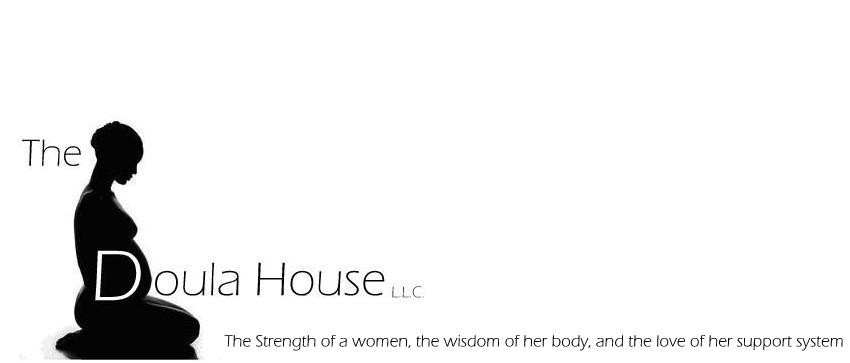Friday, June 15, 2012
"I am planning on having an epidural. How would a doula benefit me?"
Your doula's role is to assist you during birth, to comfort and support you. Giving birth to your baby is so much more than a medical procedure. It is an emotional, spiritual and physical journey. Having a doula with you can help smooth the crucial transition from pregnancy into parenthood. Both parents will benefit from the nurturing care a doula provides. Epidurals do not always take all the pain away. There are many reasons why an expectation of a "painless childbirth" may be an unrealisitc goal. You may still require the use of other forms of comfort measures during early labor and beyond. Although epidurals due reduce pain 90% of the time, few epidurals limit all pain. Here are some barriers that may hinder your desired "painless childbirth".
Your labor may progress too quickly for you to receive an epidural.
A pre-existing medical condition, low blood pressure, low hemoglobin levels, previous spinal injuries, or prior bad reactions to anesthesia may disallow epidural usage.
Epidurals do not provide complete relief for back labor but will confine the mother to the bed and prevent her from doing many of the positions that relieve the pain of back labor.
Often you must wait for the anesthesiologist to become available.
You may need to wait while you receive 1-2 liters of I.V. fluid before the process of the epidural may begin.
The procedure itself can take up to 30 minutes to perform,
Once you have been given the epidural you may not have complete pain relief for another 20-30 minutes until the medication takes effect.
Once you are close to complete dilation, the epidural may need to wear off to encourage pushing
You may experience breakthrough pain
Epidurals increase the likelihood of other painful interventions: IVs, urinary catheters, continuous fetal monitoring either externally or internally, frequent blood pressure monitoring, maternal fever requiring use of antibiotics & tests on baby (complete blood count, spinal taps), pitocin, forceps, vacuum extractors, episiotomy, and cesarean section.
Sometimes the epidural gives only patchy pain relief, or doesn't give pain relief at all.
Some women experience epidural induced pains after the birth: epidural/spinal headaches, postpartum backaches.
Laboring is hard, so support is always welcome.
portraitgallery/IMG_4601a.jpg
If you experience any of the above situations, or if you prefer to avoid using the epidural until you are 5-6cm to reduce your chances of needing a cesarean, your doula will be invaluable in helping you use relaxation techniques, suggesting position changes, and using non-medical comfort measures. Over 70% of the time epidurals come with mild side effects. Although not considered medically serious, these side effects can be very unpleasant. All over the body itching, nauseas, shaking (“epidural shakes”) and confused nerves may send feelings of intense heat to the lower extremities. Many women find the deadened nerve sensation in their entire lower body to be very distracting and disconcerting (similar to having your lower jaw numbed when having a filling at the dentist). The loss of feeling and control in the legs can be distressing for some mothers. The doula will stay by your side, helping you cope with the side effects you have and giving you information about your options and choices.
This link will take you to a news cast story concerning the servies doulas provide to clients.
http://www.wlos.com/newsroom/health_alert/vid_82.shtml
Subscribe to:
Post Comments (Atom)

No comments:
Post a Comment